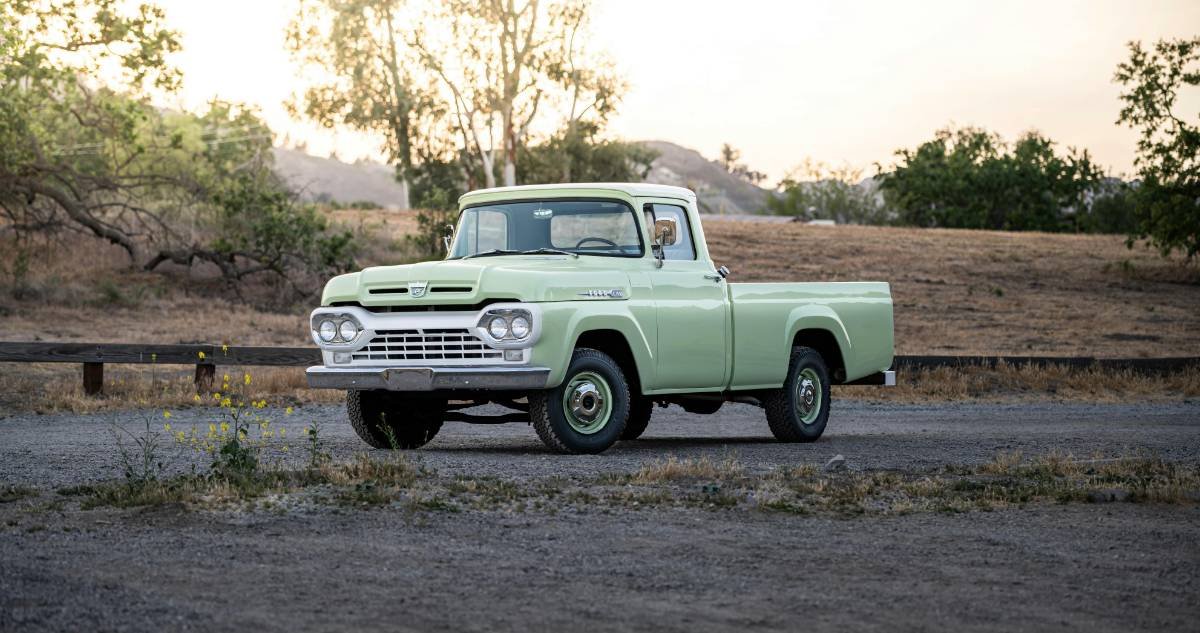
Key Differences Between Truck and Car Insurance
Truck and car insurance may seem similar at a glance, but they serve very different purposes and offer varying levels of protection. Understanding the distinctions is crucial for business owners, commercial drivers, and everyday car users alike. Here’s a detailed comparison highlighting the key differences between truck and car insurance.
Purpose and Usage
Car insurance is typically designed for personal vehicles used for commuting, errands, or leisure. It provides coverage for individuals and families using their vehicles on public roads.
Truck insurance, on the other hand, is tailored for commercial use. It covers vehicles used for transporting goods, materials, or equipment as part of a business. These include semi-trucks, box trucks, tankers, and delivery trucks.
Coverage Requirements
Personal car insurance policies are regulated by state laws and usually have minimum liability requirements that vary by state. Optional coverages like collision, comprehensive, and uninsured motorist can be added based on the driver’s needs.
Commercial truck insurance is often subject to both state and federal regulations, especially if trucks operate across state lines. The Federal Motor Carrier Safety Administration (FMCSA) requires certain minimum levels of liability coverage depending on the truck’s weight and cargo type.
Truck policies usually include more comprehensive options such as cargo insurance, bobtail insurance, and general liability—coverages not typically found in personal car insurance.
Cost of Insurance
Truck insurance is generally more expensive than car insurance. This is due to several factors including the higher value of trucks, increased liability exposure, the long distances trucks travel, and specialized coverages needed for commercial use.
In contrast, car insurance is more affordable and predictable unless the driver has a poor driving history or the vehicle is high-end.

Risk and Liability Considerations
You might also like
1. Non-Trucking Liability Insurance: When and Why You Need It2. Types of Car Insurance Coverage Every Driver Should Know3. The Role of Motor Carrier Authority in Truck Insurance4. How the U.S. Health Insurance System WorksCommercial trucks pose a greater risk on the road due to their size, weight, and cargo. Accidents involving trucks often result in higher claims for property damage and bodily injury, leading to elevated insurance premiums.
Car insurance, while still critical, usually deals with less severe claims. The liability risk is typically lower since personal cars don’t carry heavy loads or travel as intensively.
Policy Customization and Complexity
Truck insurance policies are highly customizable. They’re built around the specific needs of the trucking business, considering factors like cargo type, route distance, number of drivers, and fleet size.
Car insurance policies are relatively straightforward. Most personal drivers choose a basic package of liability, collision, and comprehensive coverage.
Who Needs It?
Truck insurance is essential for owner-operators, freight companies, contractors using trucks for business, and anyone transporting goods for profit.
Car insurance is mandatory for private vehicle owners, families and individuals, and non-commercial drivers.
Claims Handling
Due to the nature of commercial trucking, claims related to truck insurance are typically more complex and take longer to process. They often involve investigations, third-party cargo owners, and regulatory compliance.
Car insurance claims are usually more straightforward and resolved quickly unless there are significant injuries or legal disputes.
Conclusion
While both truck and car insurance aim to provide financial protection in the event of an accident or loss, their differences are significant. Truck insurance is more specialized, costly, and regulated, reflecting the higher risks and responsibilities of commercial transportation. Car insurance, meanwhile, offers essential protection for everyday drivers. Knowing which policy suits your needs ensures you're properly covered on the road—whether you're delivering goods or just driving home from work.
About the author
Mason Brooks is a seasoned finance writer with over 8 years of experience helping millennials and Gen Z take control of their money. With a background in economics and a passion for demystifying complex financial concepts, Ananya shares actionable tips on budgeting, investing, and building long-term wealth. Her mission is to make financial literacy accessible, relatable, and empowering — no jargon, just smart money moves.


